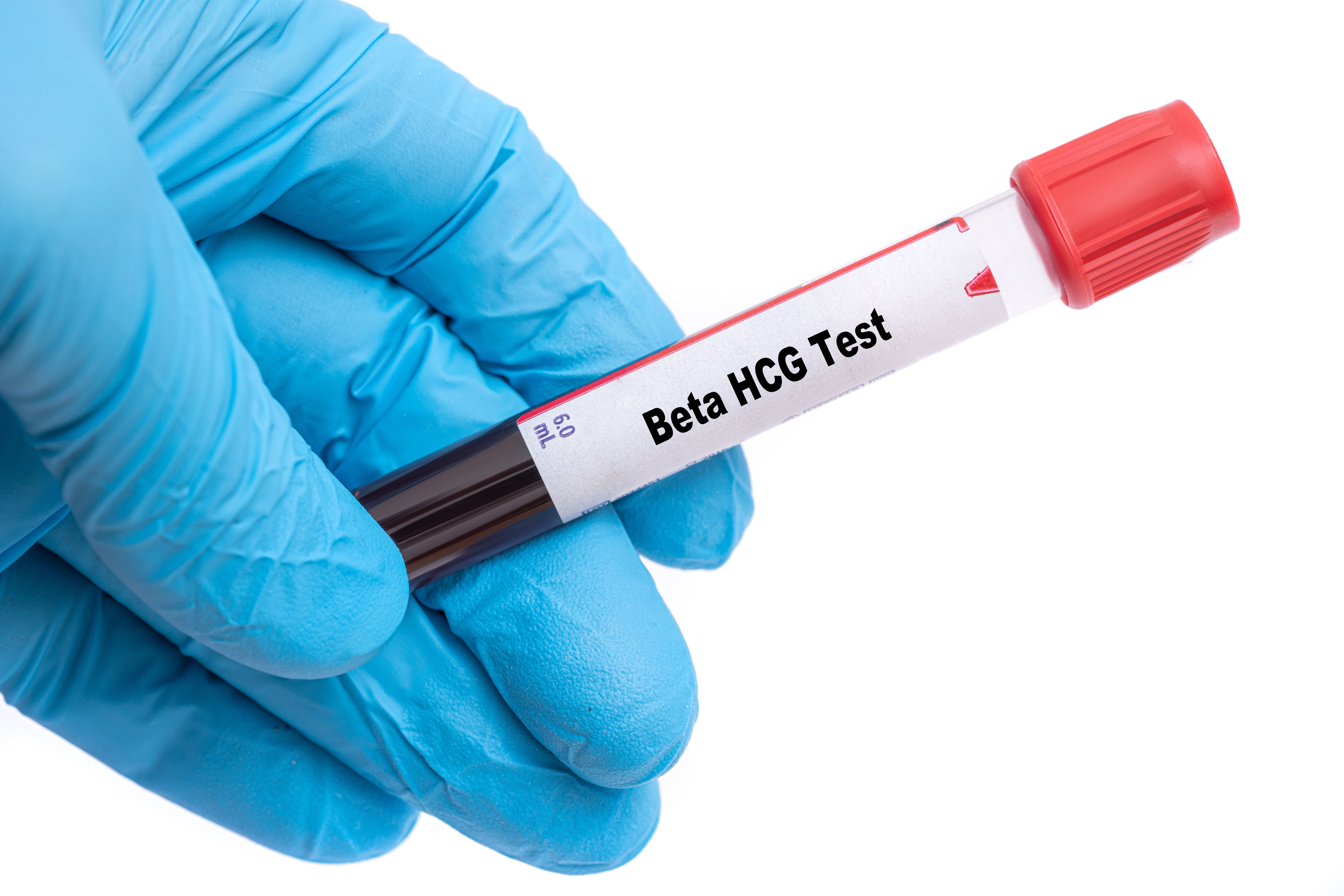General Health
Blood Urea Test - Normal Range, Purpose, Procedure And Results Interpretation
5 min read
By Apollo 24|7, Published on - 05 May 2025
Share this article
0
0 like
.jpg?tr=q-80)
The blood urea test, also known as the blood urea nitrogen (BUN) test, is a diagnostic tool used to measure the amount of urea nitrogen in the blood. Urea is a waste product formed in the liver when the body metabolises protein. It is filtered out of the blood by the kidneys and excreted in urine. This test provides valuable insights into kidney function, liver health, and overall protein metabolism.
In this article, we will explore the purpose of the blood urea test, how to prepare for it, the procedure involved, the normal ranges, how to interpret the results, and what steps to take if your results fall outside the normal range.
Purpose of the Blood Urea Test
The blood urea test is primarily used to evaluate kidney and liver function. Measuring urea levels helps doctors assess how well these organs are working and identify potential health issues. This test is commonly used to:
- Diagnose Kidney Disorders: Detect conditions like chronic kidney disease or acute kidney injury.
- Monitor Liver Health: Evaluate liver function and its role in urea production.
- Assess Protein Metabolism: Determine if dietary protein intake or metabolic issues are affecting urea levels.
- Identify Dehydration: Elevated urea levels can indicate fluid imbalance.
- Track Chronic Conditions: Monitor kidney health in patients with diabetes, hypertension, or heart disease.
- Pre-Surgical Evaluations: Ensure kidneys are functioning well enough to tolerate anaesthesia and medications during surgery.
How to Prepare for a Blood Urea Test?
Preparing for a blood urea test is straightforward, but following a few tips can help ensure accurate results:
- Fasting (If Required): In most cases, fasting isn’t necessary unless your test is part of a larger metabolic panel that includes tests like blood sugar or lipid levels. Your doctor will let you know if fasting is needed.
- Share Medication Details: Let your doctor know about any medications, supplements, or herbal products you’re using, as some, like diuretics or antibiotics, can impact test results.
- Stay Hydrated: Drink plenty of water, as dehydration might falsely increase your urea levels.
- Limit Protein Intake: Avoid eating heavy, high-protein meals (e.g., red meat) the day before the test, as they can temporarily raise your urea levels.
Procedure for Blood Urea Test
The blood urea test is a simple procedure that offers valuable insights into kidney function. Here's how it works:
- Drawing the Blood Sample: A healthcare professional cleans your arm and carefully inserts a needle into a vein to collect a small blood sample. The process is quick and usually painless, taking just a few minutes.
- Analysing in the Lab: The sample is sent to the lab, where specialists measure urea nitrogen levels in your blood to check how efficiently your kidneys are filtering waste.
After the Test: You might experience minor soreness or a small bruise at the needle site, but it fades quickly. You can return to your daily routine without any restrictions.
Blood Urea Test: Results Interpretation
The interpretation of a blood urea test involves comparing your results with standard reference ranges and considering your symptoms, medical history, and other lab results.
- High BUN levels usually indicate kidney dysfunction, dehydration, a high-protein diet, or heart conditions.
- Low BUN levels may suggest liver disease, malnutrition, or overhydration.
- Your doctor will evaluate your BUN level along with creatinine, another waste product excreted by the kidneys, to determine the severity of kidney function decline.
Blood Urea Test Normal Ranges
The blood urea test, often part of a kidney function panel, measures the amount of urea nitrogen in the blood. This value helps assess how well your kidneys are filtering waste. The blood urea normal range is usually expressed in mg/dL, and it can vary depending on factors like age and sex. Below is a breakdown of the blood urea normal range in mg/dL by age group and gender:
The blood urea normal range in females is slightly lower than that in males due to differences in muscle mass and metabolism. Conversely, the blood urea normal range in males is generally higher. Always consult your doctor for an accurate interpretation of your results in the context of your health history.
Abnormal Blood Urea Levels
Abnormal blood urea levels can signal issues with kidney function or overall health:
Elevated Blood Urea Levels
Elevated blood urea levels (known as uremia) may indicate:
- Kidney diseases (e.g., chronic kidney disease, glomerulonephritis)
- Dehydration
- Heart failure
- High protein intake
- Urinary tract obstruction
- Gastrointestinal bleeding
- Certain medications (e.g., NSAIDs, antibiotics, diuretics)
Low Blood Urea Levels
- Reduced blood urea levels may point to:
- Severe liver disease (e.g., cirrhosis, hepatitis)
- Malnutrition
- Overhydration
- Low-protein diet
- Pregnancy
- SIADH (Syndrome of Inappropriate Antidiuretic Hormone secretion)
It’s important to remember that a single abnormal test result does not always mean you have a health problem. Your doctor may recommend repeat testing or further investigations for an accurate diagnosis.
Managing Abnormal Blood Urea Test Results
If your BUN levels are outside the normal range, the treatment plan will depend on the underlying cause. Here are some general approaches:
1. Elevated BUN Management
Treating the underlying kidney condition: Management may include medications to control blood pressure or blood sugar, dietary changes, or dialysis in severe cases.
- Hydration therapy: If dehydration is the cause, increasing fluid intake or receiving IV fluids can restore balance.
- Dietary modifications: Reducing protein intake may help lower BUN levels in some individuals.
- Medication adjustments: If medications are affecting your kidney function, your doctor may revise the dosage or switch to alternatives.
2. Low BUN Management
- Liver support: If low BUN is due to liver dysfunction, addressing liver health through medication, lifestyle changes, or specialised diets may be recommended.
- Nutritional support: A nutritionist may suggest adding more protein to your diet or using supplements.
- Fluid balance: Managing water intake in cases of overhydration or SIADH is crucial.
Follow-up tests such as serum creatinine, estimated glomerular filtration rate (eGFR), liver function tests, and imaging may also be advised for deeper evaluation.
Conclusion
The blood urea test plays a vital role in assessing kidney and liver health, as well as evaluating protein metabolism. By identifying abnormalities in urea levels, this test helps diagnose various medical conditions, monitor chronic diseases, and guide treatment decisions. Understanding the normal ranges and interpreting the results accurately, with the help of a healthcare professional, can lead to early detection of potential health issues and timely intervention. Regular testing, combined with follow-ups and necessary lifestyle changes, ensures better management of your overall health and well-being.
General Health
Frequently Asked Questions
What is a blood urea test?
What is a blood urea test?
Why is the blood urea test important?
Why is the blood urea test important?
Is a blood urea test the same as a BUN test?
Is a blood urea test the same as a BUN test?
What is the blood urea normal range in mg/dL?
What is the blood urea normal range in mg/dL?
What is the blood urea normal range in female adults?
What is the blood urea normal range in female adults?
What is the blood urea normal range in male adults?
What is the blood urea normal range in male adults?
What can cause high blood urea levels?
What can cause high blood urea levels?
what does a low blood urea level indicate?
what does a low blood urea level indicate?
Do I need to fast before a blood urea test?
Do I need to fast before a blood urea test?
How can I maintain normal blood urea levels?
How can I maintain normal blood urea levels?
Leave Comment
Recommended for you

General Health
Missed Your Periods? Take a Pregnancy Test (Beta hCG Test) to Confirm
Missed your periods? A Beta hCG test can confirm pregnancy early and accurately. Learn when to take the test, how it works, and what your results mean.

General Health
What To Eat And Not To Eat When The Temperature Soars
Planning your diet during a heatwave can help you out during the days by keeping you hydrated and filled with energy. Along with water, you should also be consuming food items that will help cool your body off and avoid the ones that might cause discomfort.

General Health
The Role of Zinc in Promoting Better Health
Zinc is an essential nutrient that supports growth during childhood and maintains the functioning of the immune system.
Subscribe
Sign up for our free Health Library Daily Newsletter
Get doctor-approved health tips, news, and more.
Visual Stories

Could There Be More to Your Snore?
Tap to continue exploring
Recommended for you

General Health
Missed Your Periods? Take a Pregnancy Test (Beta hCG Test) to Confirm
Missed your periods? A Beta hCG test can confirm pregnancy early and accurately. Learn when to take the test, how it works, and what your results mean.

General Health
What To Eat And Not To Eat When The Temperature Soars
Planning your diet during a heatwave can help you out during the days by keeping you hydrated and filled with energy. Along with water, you should also be consuming food items that will help cool your body off and avoid the ones that might cause discomfort.

General Health
The Role of Zinc in Promoting Better Health
Zinc is an essential nutrient that supports growth during childhood and maintains the functioning of the immune system.